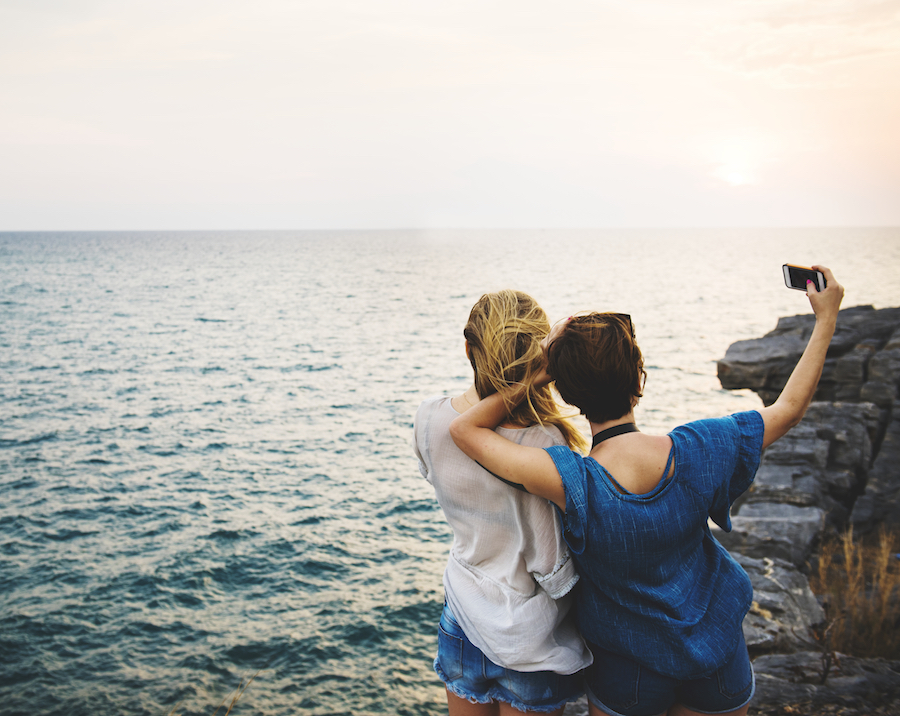
“That’s funny—you don’t look like sisters,” the woman said.
My sister Katie and I were facing away from the ocean and making chit-chat with this stranger whose kids played with mine. Behind us, my daughters were digging a hole for themselves, the chilly Pacific saltwater splashing over their chubby legs.
I looked at my sister, and she smiled, but not a smile-smile, just a semblance of one. It was the kind of smile that reassures people that they haven’t blundered, haven’t wandered into the wilderness of your heart, haven’t pointed out the obvious stuff that hurts.
Ironic: at that moment, I’m sure my sister’s face and mine looked very much alike: a little shell-shocked.
“I’m adopted,” my sister said, her voice kind, but also tentative.
The woman nodded. I wondered if she realized that thoughtless observations can have killer edges. We changed the subject, and kept chatting, and then I turned away to make sure my kids were doing okay.
I also wondered if my sister was okay, if I were okay, because it was the second time that day that someone had pointed out that we didn’t look like sisters.
The second time.
It felt like strangers were poking us with a stick out of a bored curiosity.
I wondered, but didn’t ask, what it felt like for Katie.
I have two siblings, both older, both adopted. My brother is seven years older than me, and my sister three. The three of us don’t look alike. I, however, look like our parents, and sound like our parents, and even act like our parents: my father’s laugh, my mother’s gift for organization, a whole host of reminders of who I belong to in my hips and toes and hair. For me, family is physical.
Standing side-by-side with my sister always reminds me of the legacy I was given by an accident of birth. My mother carried me in her belly for nine months, nursed me for six. She is the same woman who cared for me when I had migraines in elementary school, laid a cool washcloth on my forehead when I was crying, and takes my daughters for an hour now when I have a dentist’s appointment.
I can stand firm on the simple continuity of my blood. I don’t wonder where my hair color or my love for books come from; I know.
I notice these things because I also notice that my sister and brother do not have that same privilege.
It almost feels selfish for me to complain about this.
After all, I wasn’t separated from birth parents as a newborn. I can look in a family portrait and see my reflection. It feels like I shouldn’t complain that a stranger at the beach othered me.
But I, too, know the hurt of not fitting. Know the weariness that comes from everybody assuming they know what “family” looks like. Know the ache of pieces not quite fitting together, and the loss that happens when things, at least on the surface, don’t line up as expected for other people.
I am tired of people doing this just because they’re not thinking. I’m even more weary of doing it to other people for the same reason.
I want to ask questions in love, not curiosity. I want to learn to keep my mouth shut sometimes and let others choose when to tell their stories.
At the beach, we walked away from the woman and back to my kids, and I forced my mind to leave her comment behind too. Instead, I decided to focus on how lucky I was enough to be on the same beach with my beloved sister at sunset, that she had three days with me and my kids, that we could spend a long time beside each other getting our hands covered with sand, and that side by side, we could feel like sisters: connected, beloved, whole.
Today at SheLoves we’re talking about othering. We’ve all experienced it, no matter what our background. Won’t you join us, and link up a post about your experience?


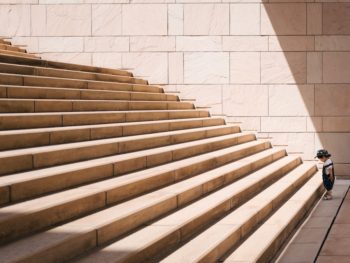





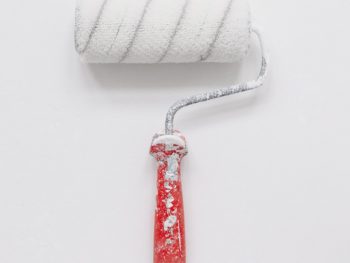

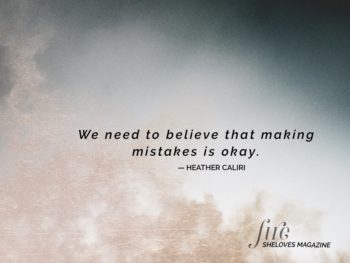
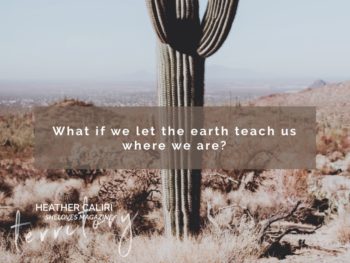
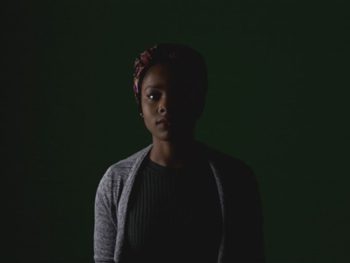
 Four metaphors for faith I’m putting out of their misery
Four metaphors for faith I’m putting out of their misery
This written beautifully. I am ashamed of when I have casually, callously, pointed out the obvious stuff that hurts. Asking questions in love, not curiosity–that’s certainly something that many people, myself included, can work on.
Ugh, me too, and I should know better! I put my foot in my mouth way too often, but am learning that sometimes curiosity just isn’t a good enough reason to ask questions.
Thanks for this. A good reminder I have other options as I have so often frozen up when folks say things like this to me. I love this sentence: “I wondered if she realized that thoughtless observations can have killer edges.” So well crafted!
thank you, Dorothy! It’s good to remind ourselves of our options. We’re not doomed to stay stuck hurting people but can choose to grow and learn and repent of the past. That’s so incredibly freeing.
This is beautiful Heather. “I want to learn to keep my mouth shut sometimes and let others choose when to tell their stories.” Love that line… a reminder that people’s stories are theirs to share, when and how. Thanks for this.
Thank you, Beth 🙂
Gosh,I never thought of that before… how tough that must be. Thanks for helping us see through a blind spot!
You’re welcome. I think the impulse is so common, though; to see something that makes us raise an eyebrow, and to indulge our curiosity without thinking. I’m surprised how hard it is to do differently 🙂